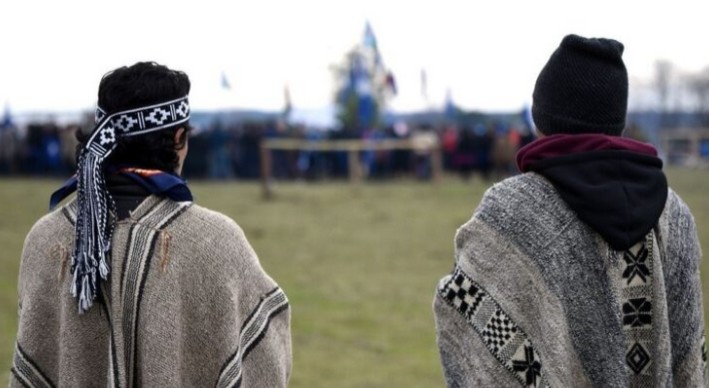The delivery of the report to President Gabriel Boric, with a proposal for reconciliation between the Mapuche people and the Chilean State, which would involve institutional and legislative modifications.
The Commission for Peace and Understanding is in a "decisive phase" regarding the development of a reparations proposal between the Mapuche people and the Chilean State, which will be submitted via a report to the President of the Republic, Gabriel Boric.
After various sessions, intercultural dialogues, self-convened meetings, and other gatherings held from the Bío Bío region to the Los Lagos region, the commission instructed by the president is nearing its final stage, having begun its work in June 2023.
This was acknowledged by the executive secretary of the Commission for Peace and Understanding, Víctor Ramos, who stated that they are in a decisive phase and progressing according to the established timeline.
"We are in a decisive phase, analyzing all the information we were able to gather. We are reviewing the different hearings we held, the intercultural dialogues, the self-convened meetings, among others," he affirmed.
"Over 2,000 people, mostly leaders, contributed to the commission. We are within the stipulated deadlines, and these are matters we will analyze this month," he added.
Similarly, according to Víctor Ramos and the commission's website, the report—containing a proposal for reconciliation between the Mapuche people and the Chilean State, involving institutional and legislative changes—will be delivered to President Gabriel Boric by the end of this month. This is despite setbacks acknowledged by the commissioners a couple of weeks ago.
The co-chair of the commission, Alfredo Moreno, stated that throughout the process, participants have shown willingness to engage in dialogue, though he acknowledged the complexity of the issue being addressed.
Throughout its operation, the presidential commission has met with Mapuche communities, trade groups, victims of rural violence, and others to gather information and background for a long-term solution to the territorial conflict in the Bío Bío, La Araucanía, Los Ríos, and Los Lagos regions.
Source:BiobioChile.cl







Comments (0)
No comments yet. Be the first to comment!
Leave a comment